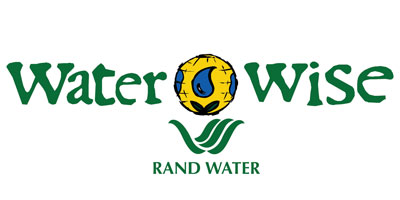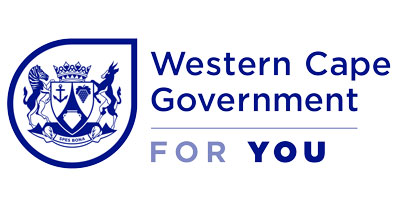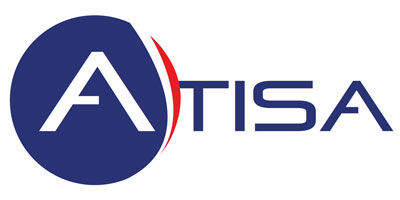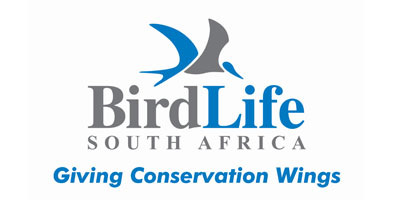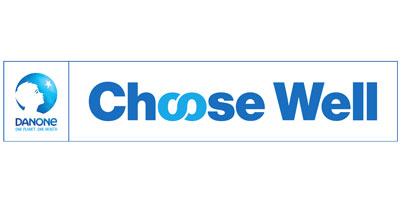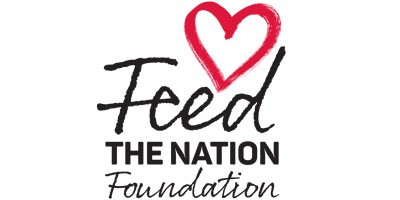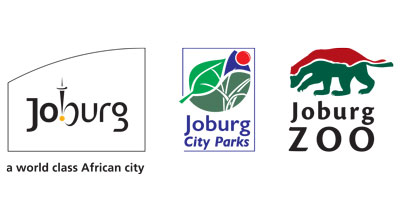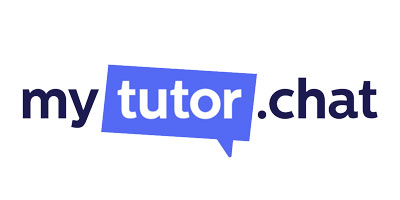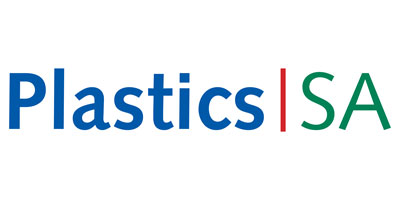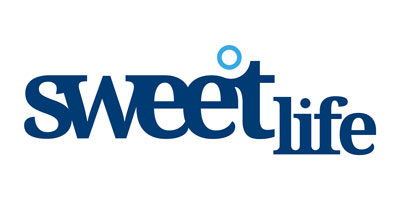The United Nations General Assembly proclaimed the World Day Against Trafficking In Persons which was adopted on 30 July 2014 in resolution A/RES/68/192. Human trafficking is an injustice that violates over 40.3 million men, women and children’s rights around the world.
The 2020 theme for the World Day Against Trafficking In Persons will focus on the first responders to human trafficking. These are the people who work in different sectors – identifying, supporting, counselling and seeking justice for victims of trafficking, and challenging the impunity of the traffickers.
The United Nation’s Palermo Protocol defines human trafficking as:
(a) “The recruitment, transportation, transfer, harboring or receipt of persons, by means of the threat or use of force or other forms of coercion, of abduction, of fraud, of deception, of the abuse of power or of a position of vulnerability or of the giving or receiving of payments or benefits to achieve the consent of a person having control over another person, for the purpose of exploitation. Exploitation shall include, at a minimum, the exploitation of the prostitution of others or other forms of sexual exploitation, forced labour or services, slavery or practices similar to slavery, servitude or the removal of organs.”
Concerns in South Africa
South Africa is a source, transit and destination country for human trafficking. According to the Global Slavery Index, 53.76/100 people are vulnerable to modern slavery and an estimated 155 000 people are enslaved in South Africa.
One out of every four victims is a child. Children are at a heightened risk of online sexual exploitation during the COVID-19 pandemic. School closures have caused additional risks other than a lack of access to education, shelter and nourishment, as children are now able to spend more time online. Researchers are reporting an increase in demand for online sexual abuse material, and with this comes an increase in the associated risks of online child grooming.
We believe that it is vital that parents, guardians, children and teens are equipped with the necessary security measures that need to be put in place during this time of increased usage of social media and the internet, and we have put together a parental guide that assists parents and guardians to have constructive conversations with their children about online safety.
Here are a few online safety tips that can easily be shared and implemented:
- Avoid posting photographs of any easily identifiable information on social media (e.g. pictures of you in front of your home, school, university, or shops that you frequently visit.
- Steer clear of sharing personal details like your phone number, passwords, home address, schools attended, or any other personal details that someone could use to find out where you live, work, or go to school.
- Block any person who makes you feel uncomfortable online, or who insists on repeated unwanted or uninvited communication with you.
- Avoid talking or sharing too much with people you do not know or trust in chat rooms or private messenger apps.
- Don’t share images of yourself that you would not want your parents or strangers to see. Whatever you post on the internet can never really be deleted. Anyone can take a screenshot of your images, or what you post, and either sell them online, or use them to manipulate you to do certain actions that go against your core values.
- Remember that you never really know who is on the other side of the screen – their intentions may seem to be good, but could in reality, be much different from what they say to you.
- Decide who your “safe circle” is – these are a select group of trusted family and friends that you can contact when you feel unsafe, whether it is online, at home or in a public place.
- Set up emergency numbers on your phone in case of an emergency. You should have your local police station, hospital, and child lines saved on all your devices.
- Always set up healthy boundaries in real life, and online – if necessary, check with a responsible person about how to set these boundaries up and enforce them.
Take action on the 30th of July 2020 by informing the people in your community and family about human trafficking, and the many ways of protecting themselves both online and in everyday life.
You can read more about online safety and boundaries on the parent guides – a21.org/education-guides
Sources:
A21 – www.A21.org
Global Slavery Index – www.globalslaveryindex.org United Nations – www.unodc.org








